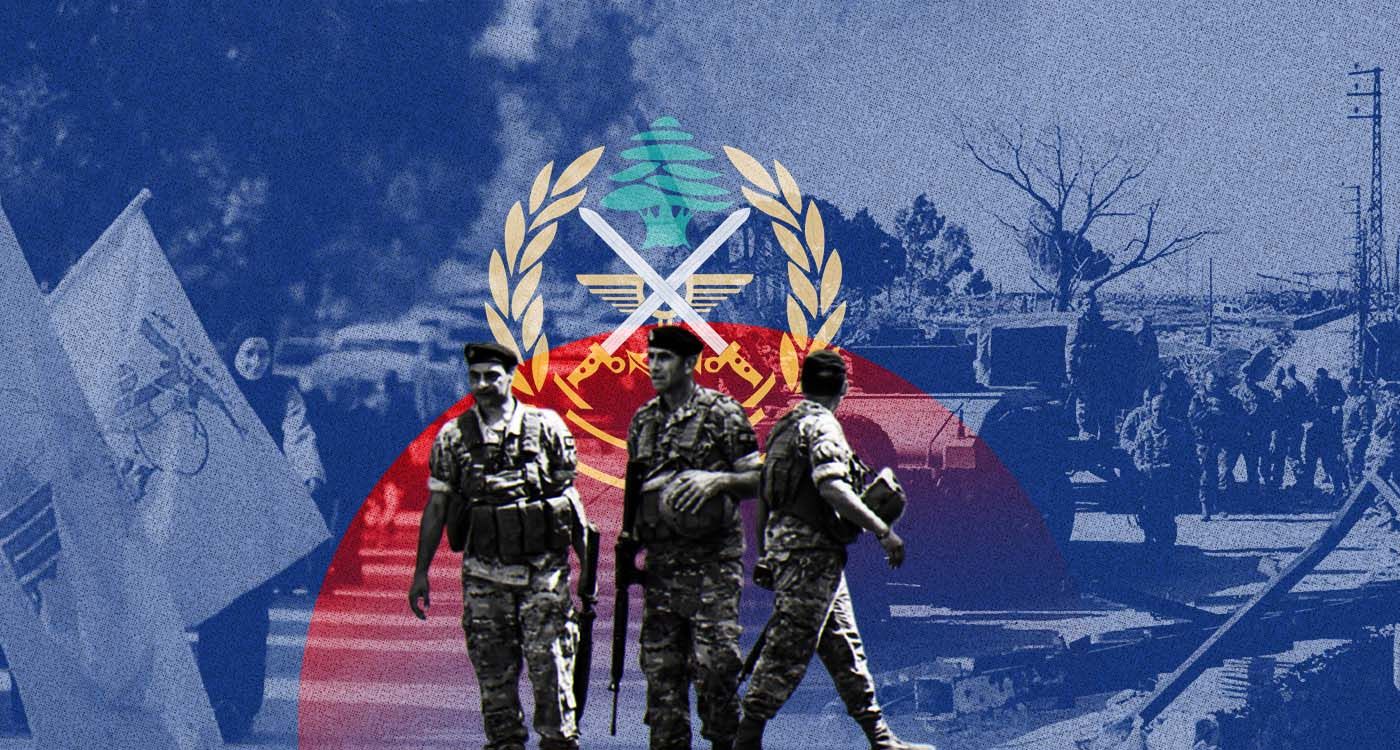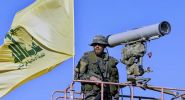
A new call has been issued for Sunday to reclaim villages where Israel maintains a presence. The impulse driving Southerners back to their villages could be seen as undeniably noble—if it were spontaneous. It carries a moral legitimacy, rooted in their deep attachment to the land and the duty to honor civilians whose bodies remain buried beneath the rubble of destroyed homes. However, this movement appears to be recklessly manipulated by Hezbollah—fervent yet disorganized—reminiscent of episodes in Lebanon’s turbulent history.
This instrumentalization became evident in the harrowing testimony of an injured woman, caught on camera, who, out of breath, revealed that she had gone to South Lebanon under the pressure of a “religious dictate.” “Otherwise, I wouldn't have gone,” she admitted.
These villagers indeed left in haste, following orders from the Israeli military spokesperson. To dispel any doubts, it’s worth remembering how the Israeli Prime Minister had promised that their absence would be “temporary” and that they would be informed when it would be safe to return. Now, with photos in hand, they face the heartbreaking reality that their homes have been reduced to rubble in villages transformed into traps, with underground tunnels serving as weapons depots. This stark revelation deepens the fear they felt when they first left—that their departure might be permanent, while Israel is accused of attempting to create a no-man’s land along the border.
In contrast, Hezbollah adheres to a steadfast politico-religious ideology that leaves no room for Israel in the Middle East. According to this belief, Israel is viewed as “an artificial entity that must be destroyed,” a slogan uttered by none other than (Iran’s supreme leader) Ali Khamenei himself.
Thus, Lebanon finds itself trapped between two opposing forces: one that denies the other’s legitimacy, branding it an “artificial entity” with no right to exist, and the other fueling nationalist fervor in Israel that rejects the two-state solution. The struggle for territory between Israel and Palestine has now reached an existential crossroads. In response, an equal radicalization emerges, where any effort to negotiate a peaceful resolution acknowledging Israel’s existence is condemned as “betrayal” by militant Islam, embodied by the pro-Iranian axis.
Back in Lebanon, Hezbollah has called for mass gatherings along roads leading to villages in the southeastern region—Yaroun, Kfar Kila, Odeisseh, Rab al-Thalathine, Markaba, Hula, Mays al-Jabal, Blida, Wazzani, Aitaroun, and others. Compelled by a religious dictate (taklif sharii), civilians will once again stand face to face with the Israeli army, serving Hezbollah’s agenda. What will unfold? Can we avoid a repeat of last week’s tragedy, when the Lebanese army initially blocked roads to prevent civilians from advancing, only to relent and fall into Hezbollah’s trap? The outcome that Sunday was devastating: 24 dead—including fathers, mothers, and a soldier—and more than a hundred injured, some critically.
The authorities must act decisively before it is too late. The February 18 deadline for the Israeli army to withdraw from Lebanese territory has now become legally binding—a fact Israel can leverage. Who will prevail? The recklessness of a party that has already led the country to ruin, or the wisdom of a state capable of striking a balance and safeguarding human lives while remaining steadfast in its sovereignty? Will we be able to prevent a tragedy from swiftly unfolding, leaving only the bitter aftertaste of pointless loss?



Comments